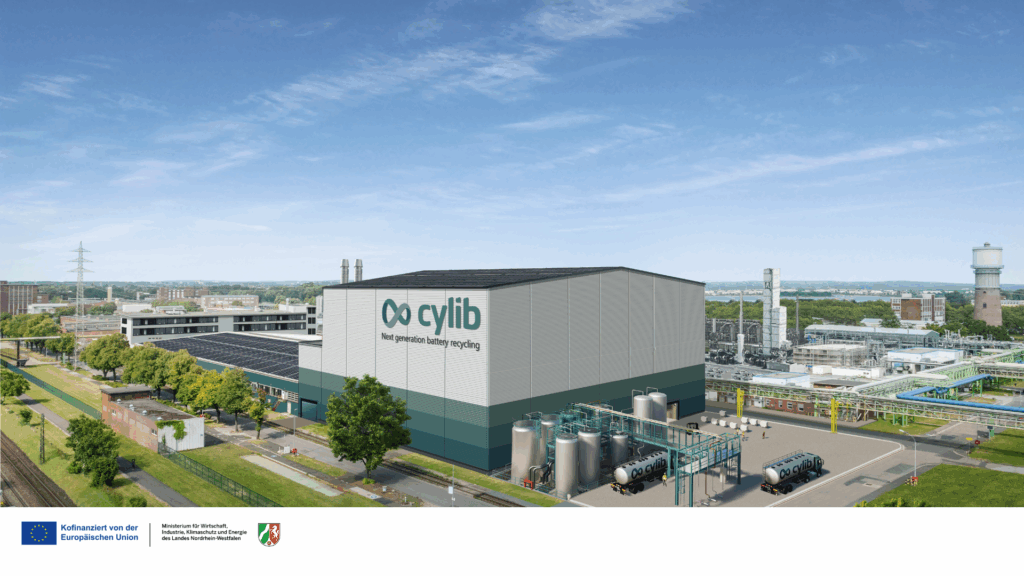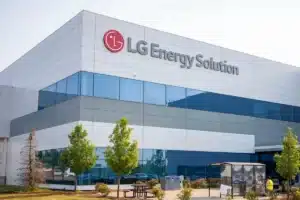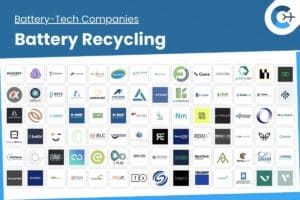Battery recycling company cylib has received confirmation of a €26.1 million grant from the European Regional Development Fund and the Just Transition Fund under North Rhine-Westphalia’s “Produktives.NRW” programme. The funding will support construction of a large-scale lithium-ion battery recycling facility at CHEMPARK Dormagen, with operations expected to begin in 2027. This award follows an initial funding commitment announced in November 2024 and is intended to finance the first stage of the industrial plant.
“We are deeply grateful to the state of North Rhine-Westphalia and the European Union for funding this project and supporting our mission to produce advanced materials for sustainable batteries and resilient European value chains,” says Dr Lilian Schwich, co-founder and co-CEO. “This validates our superior technology and advanced engineering capabilities, whilst recognizing our team’s achievements to date.”
The Dormagen facility will process black mass—a mixture of shredded battery materials—to extract critical raw materials such as lithium, graphite, cobalt, nickel and manganese. By recovering these elements from end-of-life batteries, cylib aims to reduce Europe’s reliance on primary mining and strengthen regional supply chains for strategic battery materials.
Central to the project is cylib’s proprietary OLiC (Optimised Lithium & Graphite Recovery) process, which uses a water-based approach to achieve recycling efficiencies higher than 90% for key materials. According to the company, the method generates up to 80% fewer carbon emissions compared with conventional extraction of virgin resources. The new facility will scale the technology from cylib’s Aachen pilot line to full industrial capacity, processing up to 140,000 electric-vehicle batteries per year—equivalent to about 60,000 tonnes of spent batteries or 20,000 tonnes of black mass.
Europe’s accelerating electrification trend—driven by the fact that roughly one in four new cars sold globally is now electric—has heightened demand for battery materials. cylib’s Dormagen plant is designed to help meet this demand sustainably, reducing dependence on overseas supplies and supporting local value chains.
Founded in 2022 in Aachen, Germany, cylib was spun out of research at RWTH Aachen University. The company employs over 120 people and has secured more than €27 million in public grants alongside a €55 million Series A financing round backed by investors such as Porsche Ventures and Bosch Ventures.
Source: CYLIB Journal
















